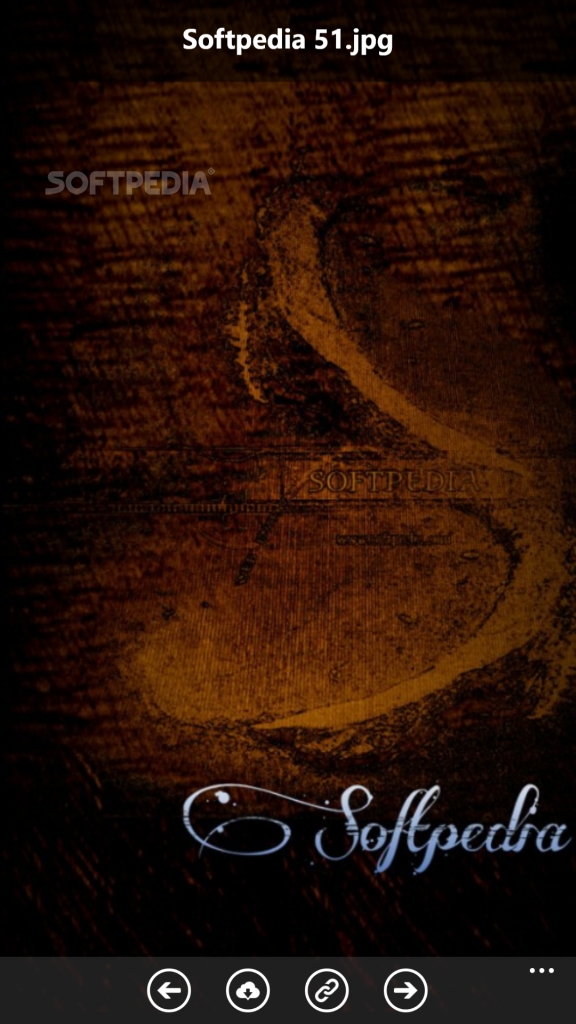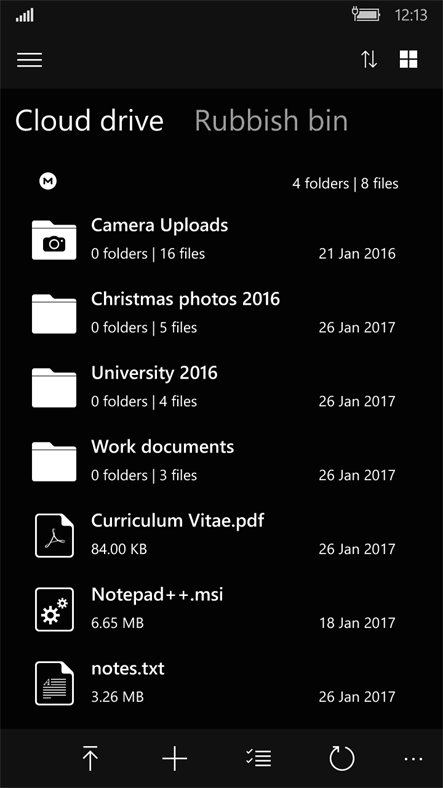

If an extremely rare disease is caused by a specific DNA mistake-as several thousand are-there’s now at least a fighting chance for a genetic fix. That’s about to change, thanks to new classes of drugs that can be tailored to a person’s genes. Here’s a definition of a hopeless case: a child with a fatal disease so exceedingly rare that not only is there no treatment, there’s not even anyone in a lab coat studying it. Novel drugs are being designed to treat unique genetic mutations. The first should be completed in the next five to six years, says Wehner, with a global quantum network following by the end of the decade. Such repeaters are currently in design at Delft and elsewhere. Ensuring an unbroken connection over greater distances will require quantum repeaters that extend the network. Wehner’s team has demonstrated it can send them more than 1.5 kilometers (0.93 miles), and they are confident they can set up a quantum link between Delft and the Hague by around the end of this year. Entangled photons can’t be covertly read without disrupting their content.īut entangled particles are difficult to create, and harder still to transmit over long distances. The technology relies on a quantum behavior of atomic particles called entanglement. The Delft network, in contrast, will be the first to transmit information between cities using quantum techniques from end to end. A team in China used a form of the technology to construct a 2,000-kilometer network backbone between Beijing and Shanghai-but that project relies partly on classical components that periodically break the quantum link before establishing a new one, introducing the risk of hacking. In the last few years, scientists have learned to transmit pairs of photons across fiber-optic cables in a way that absolutely protects the information encoded in them. Messages sent over this network will be unhackable. A team led by Stephanie Wehner, at Delft University of Technology, is building a network connecting four cities in the Netherlands entirely by means of quantum technology. The answer to these questions and many more will come as we continue to follow this story, so for those of you who want to keep up with what’s coming out next, don’t forget to watch us live and online on the Morning NewsDesk Show with Kristin Feledy.Later this year, Dutch researchers will complete a quantum internet between Delft and the Hague.Īn internet based on quantum physics will soon enable inherently secure communication. Will iCloud users continue to put up with these kinds of policies? Will Mega’s attractive features propel them into the forefront of email and cloud services? Which model of privacy will the other service providers follow going forward? In the end, this leaves us with a few questions about the future. So if you want to write about your barely legal teenager getting their driver’s permit, you may want to change your phrasing, or else the internet police will pull your email over as though it were a…barely legal teen driver. Now I want to take a moment to point out that the phrase in question suggests nothing illegal, and that this is entirely moral policing on behalf of Apple’s in order to maintain brand control for iCloud.Īnother thing worth pointing out is that this filter will arbitrarily delete emails from iCloud that use this phrase, even if it is said in a clinical manner, or as an example, or even as a coincidence. One unsavory phrase that they will be searching for, for instance, is “barely legal teens.” In related news, Apple is going to start reading your emails, and subsequently deleting ones that it arbitrarily regards as unsavory. This latest feature couldn’t have come out at a better time, either.

There’s no question as to why he’s offering this service – it doubles as a legitimate product for those who do not want to suffer the same fate as Kim did at the hands of an overreaching authority, and it also serves as a convenient and poignant public display of civil disobedience. Known for being a bit of a rabble-rouser, it should come as no surprise that the latest addition to the Mega product was developed, as Dotcom put it, “so that you won’t have to worry that a government or internet service provider will be looking at your email.” Each Mega account’s accompanying email service will now be featuring an end-to-end encryption, making all emails on a Mega account safe from prying eyes. “What is the new product,” you might ask? Well, its simple really. Well, it appears the German-born internet titan (in more than one sense of the word) has cast himself into the spotlight again with his latest innovation. If you’re a fan of the news, then you probably know who Kim Dotcom is.


 0 kommentar(er)
0 kommentar(er)
